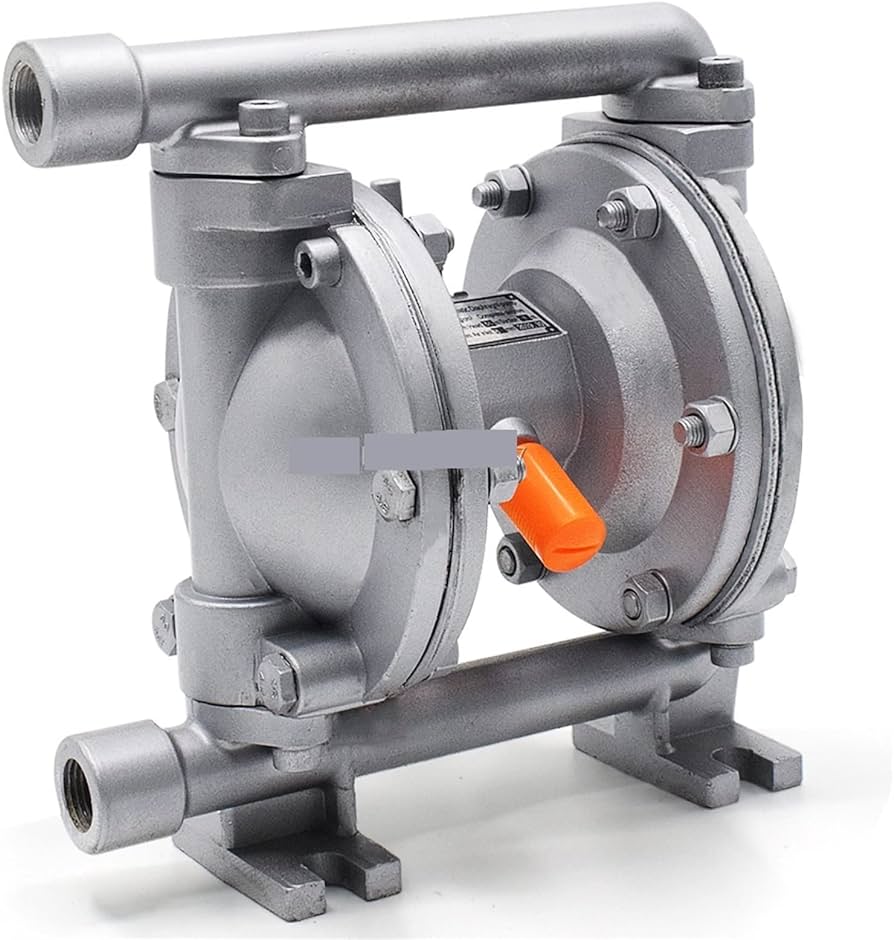In the field of fluid and chemical pumping, there are several common challenges that operators face daily. These obstacles can range from mechanical issues to process inefficiencies and can greatly impact the overall performance and reliability of the pump system.
Fortunately, with proper understanding and implementation of best practices, these challenges can be overcome. In this article, we will discuss some of the most common challenges in fluid and chemical pump operation and provide practical solutions for addressing them.
Mechanical Issues
One of the most prevalent challenges in pump operation is mechanical failure. This can be caused by a variety of factors, such as wear and tear, improper installation, or lack of maintenance.
To prevent mechanical issues from affecting your pump system, it is important to invest in high-quality equipment and perform regular maintenance checks. This includes inspecting and replacing worn or damaged parts, properly lubricating moving components, and ensuring proper alignment of the pump.
In addition to regular maintenance, it is crucial to address any mechanical issues as soon as they arise. Ignoring small problems can lead to larger, more costly repairs down the line.
Process Inefficiencies
Another common challenge in pump operation is process inefficiencies. This can result from several factors, including incorrect pump sizing, improper use of equipment, or inadequate monitoring and control.
To overcome these challenges, it is important to carefully analyze the process requirements and choose a pump that is properly sized for the application. It is also essential to train operators on proper equipment usage and provide them with the necessary tools for monitoring and controlling the process.
Regular benchmarking and performance evaluations can also help identify areas for improvement and optimize pump operation.
Chemical Compatibility
Chemical compatibility is a critical consideration in fluid pumping, as using the wrong materials can lead to chemical reactions, corrosion, or damage to equipment. This challenge can be overcome by carefully selecting pumps and materials that are compatible with the chemicals being pumped.
Consulting with a chemical compatibility chart and seeking guidance from experts can help ensure that the right materials are used for each specific application. It is also important to regularly test and monitor compatibility, as changes in process conditions or chemicals being pumped may require adjustments.
Energy Efficiency
With rising energy costs, optimizing pump operation for efficiency has become increasingly important. Some common challenges in this area include improper pump selection, inefficient process design, and lack of monitoring and control.
To overcome these challenges, it is crucial to carefully evaluate the process requirements and choose a pump that is properly sized for the application. Additionally, implementing energy-efficient practices such as variable speed drives or utilizing renewable energy sources can greatly reduce energy consumption.
Proper monitoring and control of the process can also help identify opportunities for improvement and optimize energy usage.
Low-Quality Pumping
Finally, low-quality pumping can greatly impact the performance and reliability of a pump system. This can result from using subpar equipment or improper installation and maintenance practices.
To ensure high-quality pumping, it is important to invest in reputable equipment and follow manufacturer guidelines for installation and maintenance. Regular testing and performance evaluations can also help identify any issues that may be affecting pump quality.
Pumps and pump components should be made from high-quality custom injection molded materials to ensure durability and reliability in the most demanding pumping applications. Custom injection molding allows for the precise design and production of pump components, ensuring they can withstand harsh chemical environments and high-pressure situations.
In conclusion, while many challenges can arise in fluid and chemical pump operation, with proper understanding and implementation of best practices, these obstacles can be overcome. Regular maintenance, careful equipment selection, and proper process management are key factors in ensuring optimal pump performance and reliability.
Additionally, investing in high-quality materials through custom injection molding can greatly enhance the quality and durability of pump components. By addressing these common challenges head-on, operators can ensure efficient and reliable operation of their pump systems.

